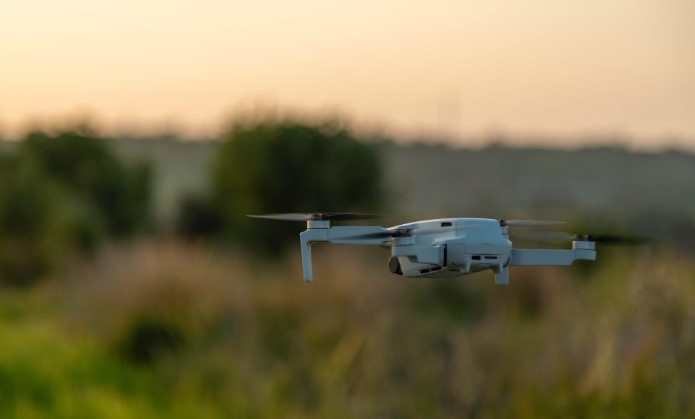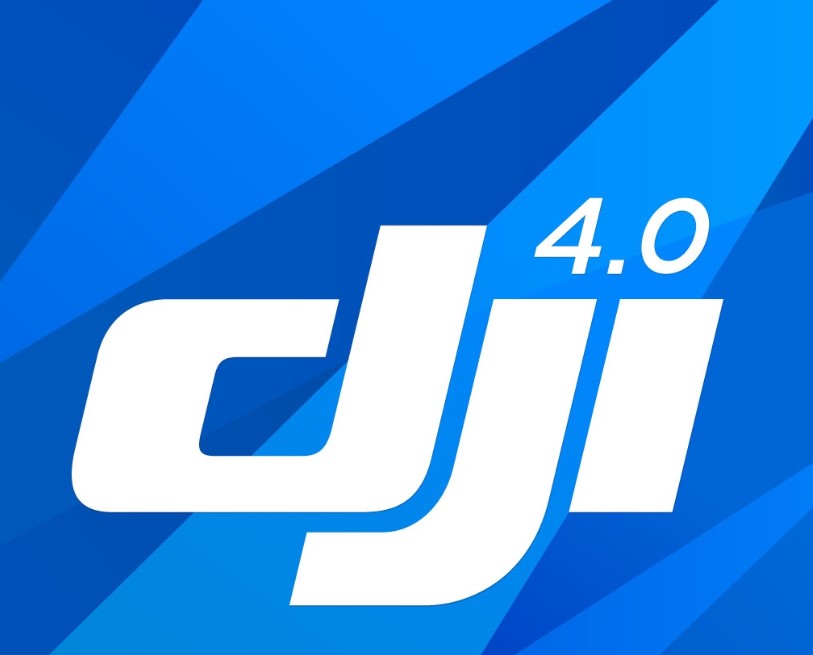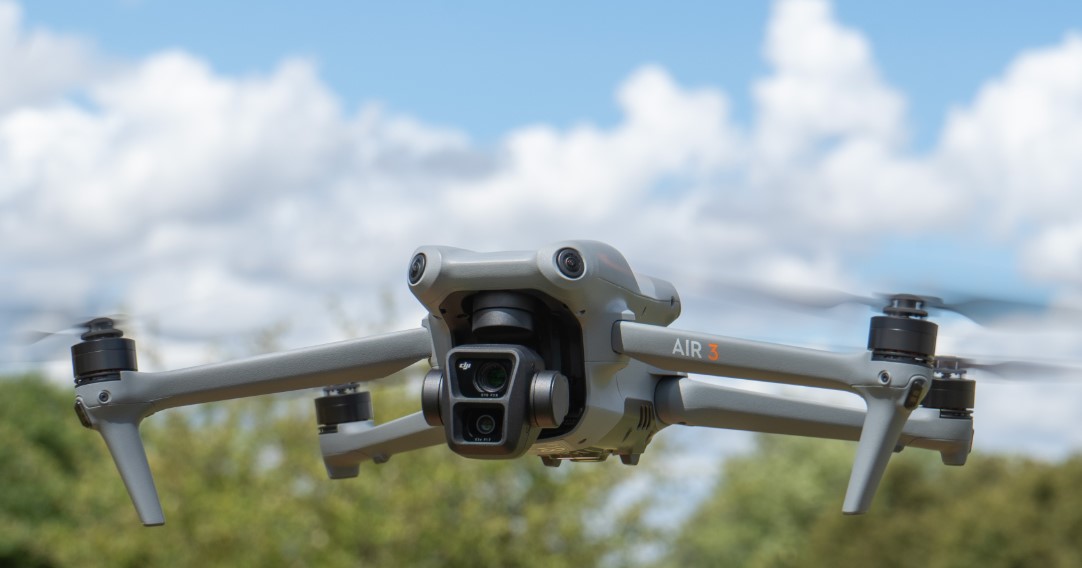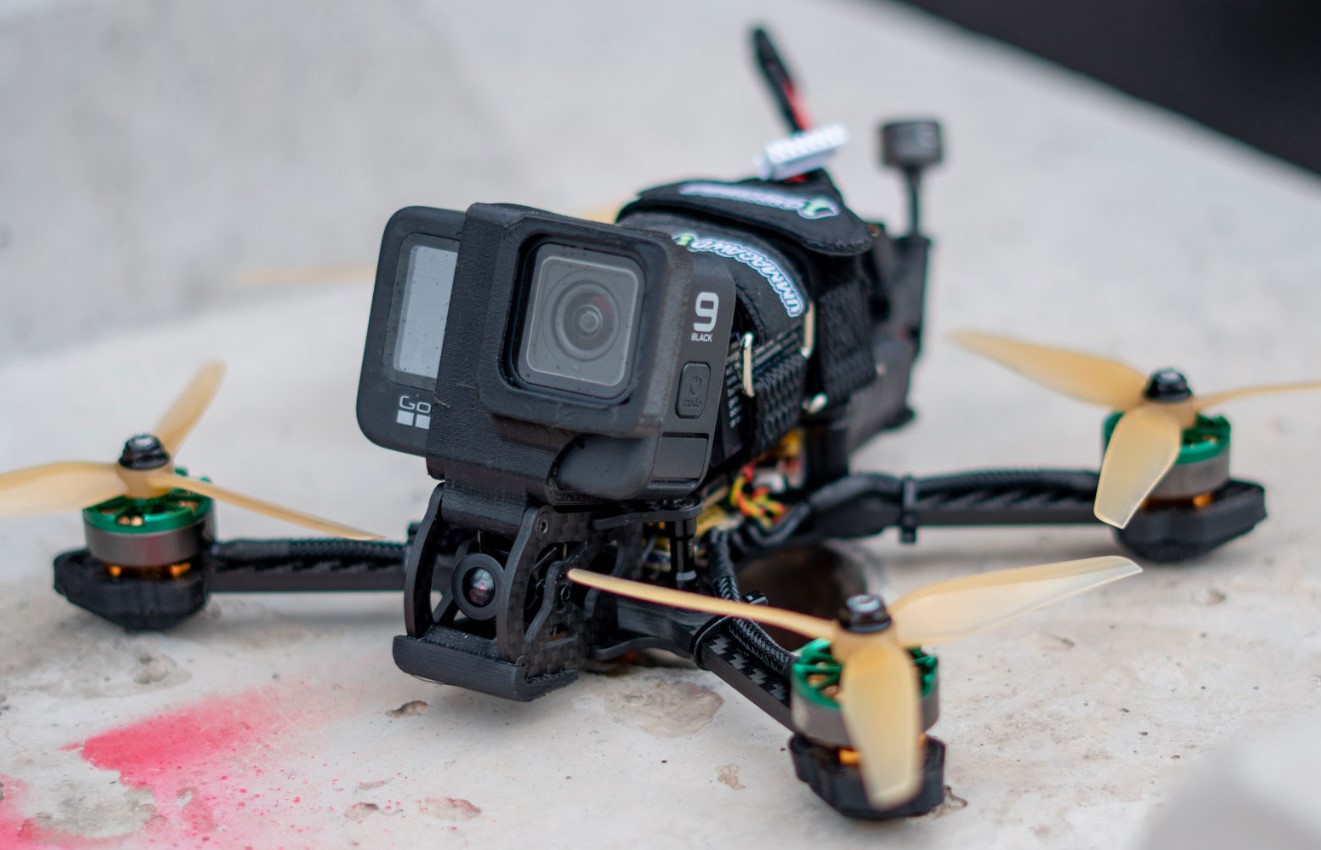Do You Need a License to Fly a Drone in Florida? Drones have become increasingly popular for recreational and commercial purposes, from capturing breathtaking aerial photography to delivering packages and conducting land surveys. However, like other forms of technology, their use is regulated to ensure safety and privacy. In the state of Florida, as in the rest of the United States, drone operators must comply with specific laws and guidelines established by the Federal Aviation Administration (FAA) and local authorities. This article delves into whether you need a license to fly a drone in Florida, outlining the requirements for hobbyists and commercial drone pilots, and highlighting the penalties for non-compliance.
Follow Dronevoz.com !!!
Do You Need a License to Fly a Drone in Florida?
Drone operation in Florida falls under federal and state regulations. These laws primarily aim to ensure the safety of air traffic, protect people’s privacy, and maintain public security. Depending on how you intend to use your drone, you may or may not need a specific license. Below, we distinguish between recreational and commercial drone use, each of which carries unique requirements.
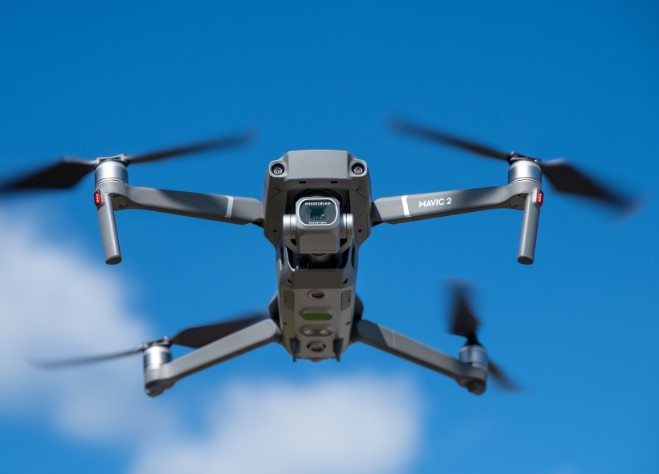
Recreational Drone Use
Recreational drone use refers to operating drones for personal enjoyment rather than for financial or business purposes. If you’re flying a drone for leisure in Florida, you do not need a full commercial drone license. However, the FAA mandates the following:
- Trust Certificate: All recreational drone pilots must pass The Recreational UAS Safety Test (TRUST). This free online test covers fundamental safety guidelines and FAA regulations. Upon passing, pilots receive a certificate that must be kept on hand during drone operations.
- Registration Requirements: Drones weighing over 0.55 pounds (250 grams) must be registered with the FAA. The registration costs $5 and is valid for three years. The registration number should be visibly marked on the drone.
- Flight Rules: Recreational pilots must adhere to FAA rules, including flying below 400 feet, avoiding restricted areas, and staying clear of airports unless granted prior authorization.
While a full commercial license is unnecessary for recreational use, pilots must follow the guidelines to avoid fines or other legal repercussions.
Commercial Drone Use
Commercial drone use involves operating drones for business purposes, such as photography, mapping, inspections, or delivery services. Unlike recreational users, commercial pilots must meet stricter requirements.
- Part 107 Certification: To fly a drone commercially in Florida, you need a Part 107 Remote Pilot Certificate issued by the FAA. This license ensures you understand the rules, safety protocols, and airspace requirements necessary for professional drone operation.
- Certification Process:
- Eligibility: You must be at least 16 years old, proficient in English, and physically and mentally capable of safely operating a drone.
- Knowledge Test: Aspiring pilots must pass a multiple-choice test that covers topics such as airspace classifications, weather conditions, and FAA regulations.
- Background Check: Applicants undergo a TSA security screening as part of the certification process.
- Insurance Considerations: While not legally required, commercial operators are strongly encouraged to carry drone insurance to protect against potential liability or equipment damage.
- Operational Guidelines: Commercial pilots must adhere to additional regulations, such as obtaining waivers for nighttime operations or flights over people and filing necessary documentation for projects near restricted airspaces.
>>> Read More: Best Drones For Real Estate Photography 2025
Florida-Specific Drone Laws
In addition to federal regulations, Florida has enacted its own drone laws to address privacy and safety concerns. The key state-specific laws include:
- Privacy Protections: Florida Statute 934.50 prohibits drone use to capture images of private properties or individuals without consent, ensuring privacy rights are upheld.
- Restricted Areas: Flying drones near critical infrastructure, such as power plants, prisons, or military bases, is restricted to prevent potential security risks.
- Local Ordinances: Certain cities and counties in Florida may have additional drone restrictions, such as limitations on flying in parks or public areas. Always check local ordinances before operating your drone.
Penalties for Non-Compliance
Operating a drone without the necessary certifications or violating federal or state regulations can lead to severe penalties. These may include:
- Fines: The FAA can impose fines of up to $27,500 for civil violations and $250,000 for criminal offenses.
- License Revocation: Commercial pilots risk losing their Part 107 certification for repeated violations.
- Legal Consequences: Unlawful drone usage may result in lawsuits, particularly in cases involving privacy violations or property damage.
Benefits of Obtaining a Drone License
Even if you only intend to use your drone recreationally, obtaining a Part 107 license offers significant advantages:
- Professional Opportunities: A license allows you to monetize your drone skills, opening doors to careers in photography, real estate, agriculture, and more.
- Enhanced Knowledge: Studying for the Part 107 test provides in-depth knowledge of airspace rules, safety protocols, and navigation, reducing the risk of accidents.
- Legal Protection: Licensed pilots are less likely to face legal challenges as they are well-versed in the laws governing drone operations.
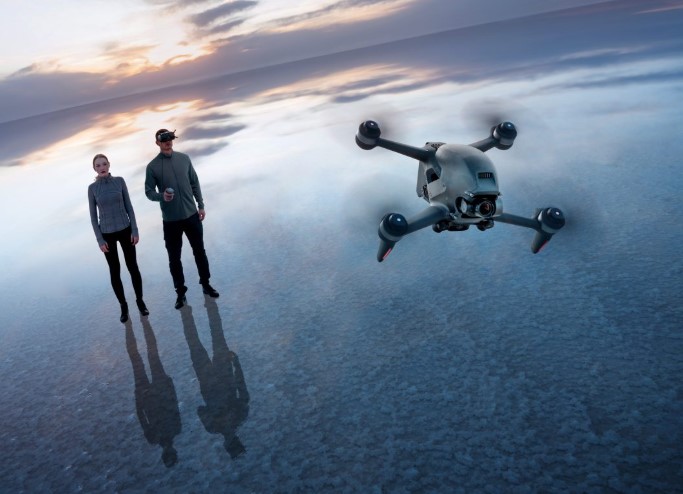
How to Prepare for the Part 107 Exam
If you decide to pursue a Part 107 Remote Pilot Certificate, preparation is key. Here are some tips:
- Study Materials: Use FAA-provided resources, online courses, and practice tests to familiarize yourself with the exam content.
- Join Study Groups: Engaging with other aspiring pilots can help clarify complex topics and provide valuable insights.
- Practical Experience: Practice flying your drone to understand its controls, capabilities, and limitations, as these skills are essential for commercial operations.
Drone Licensing FAQs
- Can I Fly a Drone Without a License in Florida?
Yes, you can fly a drone without a full Part 107 license if you are using it recreationally. However, you must pass the TRUST test and register your drone if it weighs over 0.55 pounds.
- Do I Need Insurance for Recreational Drone Use?
Insurance is not legally required for recreational drone use, but it is recommended to protect against accidents or damage.
- What Happens if I Fly in a Restricted Area?
Flying in restricted areas without proper authorization can result in fines, confiscation of your drone, or other legal actions.
Conclusion
Whether you need a license to fly a drone in Florida depends on the purpose of your flight. Recreational users must pass the TRUST test and follow FAA guidelines, while commercial pilots need a Part 107 Remote Pilot Certificate. Compliance with federal and state laws is essential to avoid penalties and ensure safe and legal drone operations.
By understanding the licensing requirements and adhering to regulations, you can enjoy the benefits of drone technology while respecting the safety and privacy of others. If you’re ready to take your drone usage to the next level, consider obtaining a Part 107 license and exploring the professional opportunities available in this dynamic field.
>>> Read: Is Drone Deer Recovery Legal in Pennsylvania?
